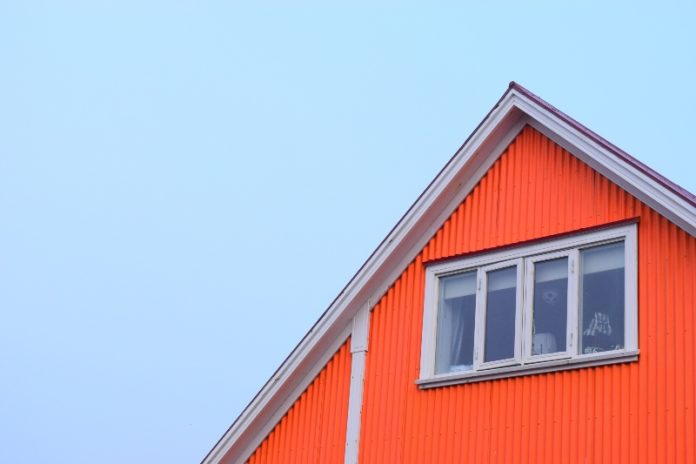
WRITERS SHARON WONG HOLLIS & JACINTH ALLEN
For the first time in real estate history, the primary motivation for owners of second homes is rental income potential. If you’re thinking of acquiring a second home as an income-generating asset, it’s useful to know the advantages, disadvantages, and other things to consider before taking the plunge.
Why buy a second home? If you’re making good money, have paid off the mortgage on your primary home or soon will, have a steady income, good credit, and see potentially profitable opportunities in the market, you might be a good candidate for a second home purchase.
First, ask yourself these questions:
- Do I want an investment property, a vacation property, or both? This may be guided by factors like personal preference, budget, or current market conditions.
- Can I access sufficient cash or financing? Most buyers pay for their second homes with a down payment of approximately 20% and a loan for the remaining amount. Sometimes they’ll partner with another purchaser as a money-saving approach.
- Where and what type of home will I buy? The strength of the local economy, trends in resale values, convenience and amenities, property tax rates, quality of local schools, and medical care are all factors to consider. Deciding on whether a single-family home, condo, or townhouse will be your best purchase option depends on cost, location, and upkeep.
Here are some ways you might benefit from purchasing a second home as an income property:
- Increase in Wealth
A house is usually your biggest asset, so why not buy another to increase your wealth? This could be profitable if the mortgage and upkeep costs are covered by rental income. “Passive” real-estate income such as this can help diversify your portfolio, offer a lucrative return on investment, and provide a level of financial security. - Low Interest Rates & Tax Benefits
Buying a second home in today’s market allows you to take advantage of historically low interest rates (average 4.35% in 2018), and tax deductions like the interest on your mortgage, property taxes, and maintenance expenses. The property could also be a fixed source of income for you after retirement. - Vacation Rental
You can invest near beach areas to generate income through seasonal rentals or as an Airbnb property. Additionally, in the off-season, you’ll have opportunities to relax with family and friends.
Although the benefits are fantastic, you should also consider the disadvantages:
- Enormous Responsibilities
When you’re the landlord, you’re the one who’s called to fix a broken HVAC or leaky roof. Depending on whether it’s a single-family home or townhome, you may have to provide yard maintenance. And, if the occupant sustains an injury in the home, you might be liable. - HOA Fees & Rules
If the property you purchase is governed by a homeowner’s association, you might end up paying quite a bit in HOA fees, and you may have to be compliant with stringent property rules and regulations. Some associations do not allow rentals in the first year. - Tenant Risk
One of the downsides of dealing with tenants is they can be unpredictable. You might end up with responsible tenants who pay on time and take care of your property. On the flipside, you might get tenants who don’t pay on time and/or destroy your property—costing you both time and money.
Always remember that a licensed and experienced real estate agent is vital to helping you navigate current market values and cost-benefit analyses if and when you decide to invest in a second home.































